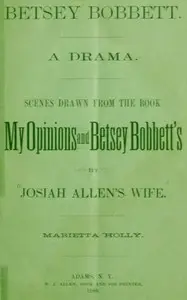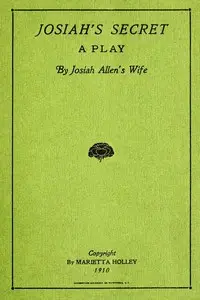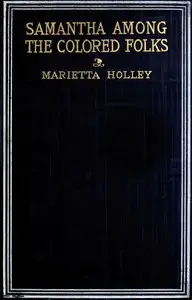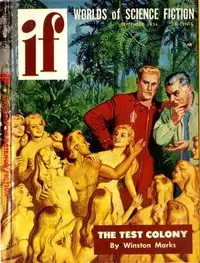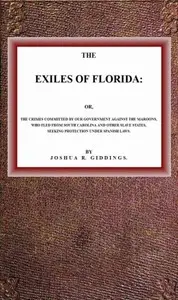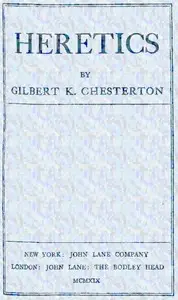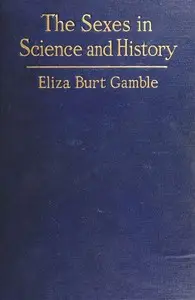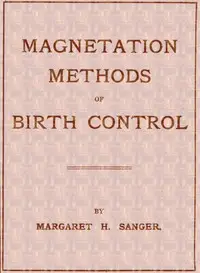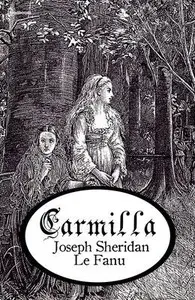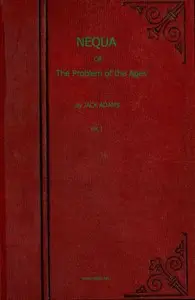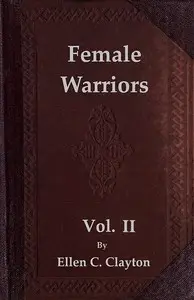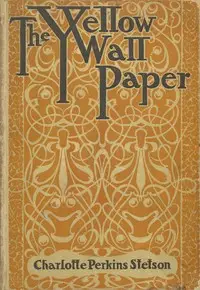"Samantha on the Woman Question" by Marietta Holley is a humorous and insightful novel written during the late 19th century that discusses women's rights and societal norms. The book follows the experiences of Samantha, an outspoken woman who navigates the challenges of her time, particularly concerning women's suffrage and the injustices faced by women like her acquaintance Serepta Pester, who seeks her rights against a backdrop of male-dominated laws and societal expectations. At the start of the novel, we meet Samantha as she prepares for a trip to Washington, D.C., to attend a reunion and visit her cousin. Along her journey, she interacts with various characters from her community, including Serepta Pester, who reveals her tragic story of suffering under the constraints of marriage and a corrupt environment. Serepta's plea for assistance in addressing her grievances with the law sets the stage for Samantha's adventure in advocating for women's rights, touching on themes of justice, the complexities of relationships, and the fight for equality as she prepares to confront the political landscape and confront those in power. The opening establishes a tone of wit and social commentary that promises an engaging exploration of women's issues in a changing world. (This is an automatically generated summary.)
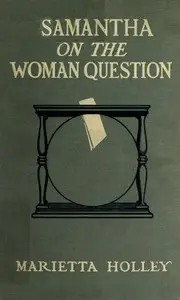
Samantha on the Woman Question
By Marietta Holley
"Samantha on the Woman Question" by Marietta Holley is a humorous and insightful novel written during the late 19th century that discusses women's rig...
Marietta Holley, was an American humorist who used satire to comment on U.S. society and politics. Holley enjoyed a prolific writing career and was a bestselling author in the late 19th century, though she was largely forgotten by the time of her death. Her writing was frequently compared to that of Mark Twain and Edgar Nye. Along with Frances Miriam Whitcher and Ann S. Stephens, Holley is regarded as one of America's most significant early female humorists. Her work appealed to all classes of society. Her readers were scattered over the entire world, and included men and women of every station and grade. Her books were widely read in Europe.

